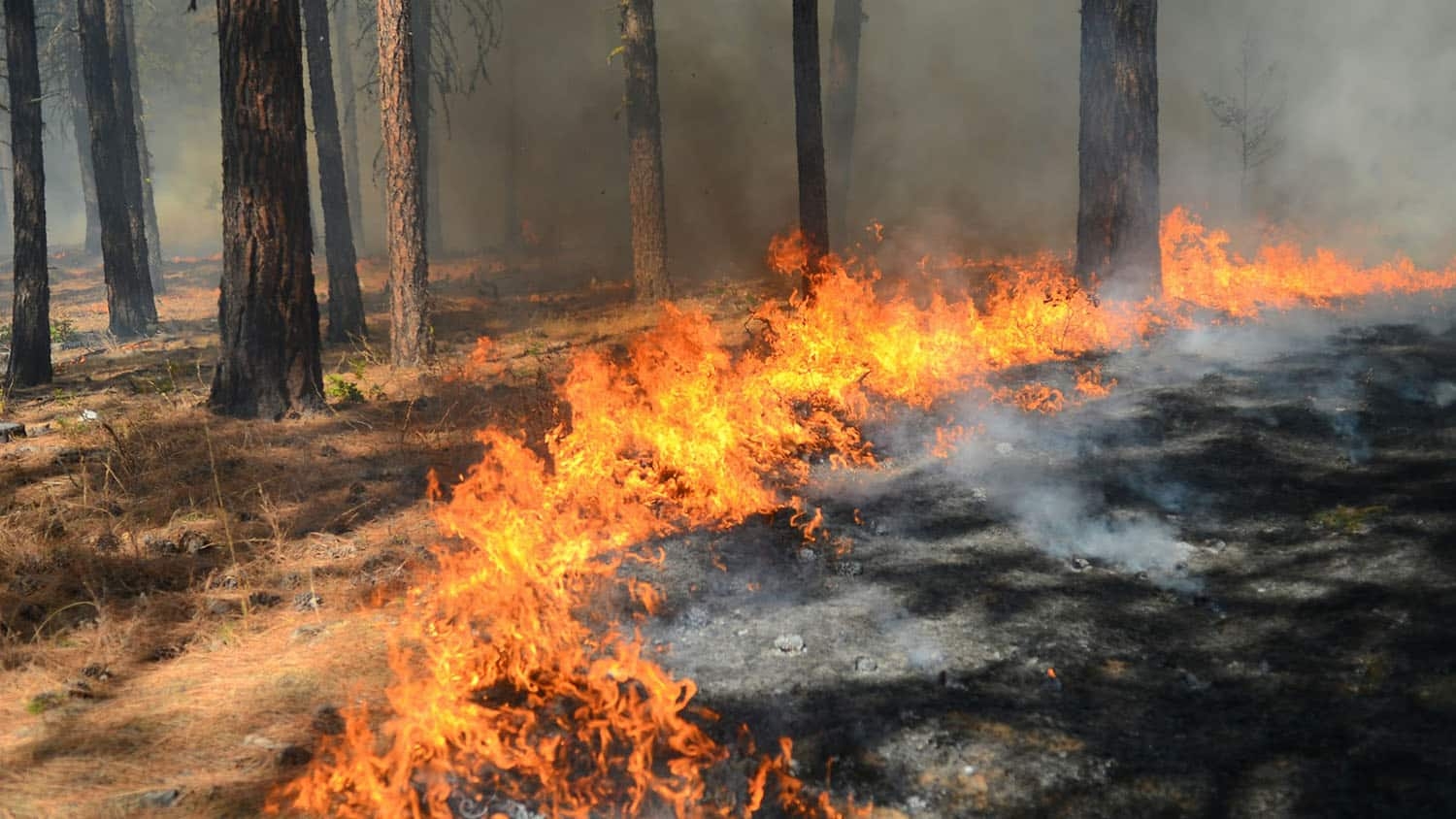The next generation of agricultural researchers met some of the producers who will benefit from their cutting-edge work during the N.C. PSI Backroads Tour in November.
It was the second annual tour organized by the N.C. Plant Sciences Initiative. The first took 22 faculty members from across diverse disciplines at NC State into the field to meet growers.
“We had a lot of projects that emerged out of that just one day in the field,” said Adrian Percy, N.C. PSI executive director. “So we thought, ‘Why not do it again this year?’”
There was one key difference. Instead of focusing on faculty, the 2023 tour comprised graduate students and postdocs seeking advanced degrees within NC State’s College of Agriculture and Life Sciences (CALS), College of Engineering, and the Wilson College of Textiles.
“This tour is for graduate students who have an interest in agriculture, to get them out into the field, engaging with farmers and seeing what the real-world issues are,” said Rachel Vann, N.C. PSI Platform Director for Extension, Outreach, and Engagement and an NC State Extension soybean specialist. “We really hope that they’re inspired and are energized about putting their brain space behind efforts to help our farmers and other agricultural stakeholders solve their issues.”

The people on the Backroads Tour this year might have been different, but the goals were much the same as the first year. The tour was designed to:
- Allow PSI graduate students and postdocs to observe agricultural issues on the farm and in facilities
- Facilitate opportunities to engage with farmers
- Provide opportunity for stakeholders to establish a relationship with PSI graduate students/postdocs
- Give PSI graduate students/postdocs exposure to the robust Research Station and Extension system in North Carolina
- Build internal PSI culture while traveling
The graduate students and postdocs, along with PSI Platform Directors and staff, Extension experts, and leaders from CALS and the College of Education visited farms in Hoke and Robeson counties, toured a chicken processing facility in Robeson County, and learned about the work being done at the Central Crops Research Station in Johnston County.
I was able to do some brainstorming with other people and also learn more about the resources we have available.
Laissa Cavallini, PhD student, entomology
Hendrix Farm
The first opportunity to meet the end users of N.C. PSI research came at Gary Hendrix’s farm in Hoke County.
Hendrix, president of the North Carolina Soybean Association, is a third-generation farmer. With the help of two sons, he grows corn, cotton, soybeans, peanuts, wheat and rapeseed.
“Dr. Vann asked me what we were going to do differently this year,” he said. “That’s a simple question, but that encompasses agriculture. If we do the same thing every year, we know what the answer is. But if we’re going to survive, we’ve always changed. Agriculture will be here. It’s just a matter of everybody pooling their resources together to make things work going forward.”

The students also heard from Sarah Grace Stone, a 2023 CALS graduate and an eighth-generation farmer.
Sometimes in research you’re so wound up in the mechanisms, but it’s nice seeing how it can actually change farming practices. That’s what I really like, to talk to people and see what they want from researchers like us.
Natalie Gold, masters student, crop and soil sciences
Stone works at the North Carolina Chamber as administrator of the NC Ag Leads program, a new initiative to help ensure the future of agriculture in the state. The future will include the challenge of feeding a growing population while losing farmland to urbanization. Stone told the students they have a vital role to play.
“You guys are on the forefront of that as researchers,” she said. “I encourage you to keep the conversations going and keep talking to producers about what issues are going on on the farms, what people are seeing, what they need, and keep building those networks.”

Locklear Brothers Farm
Adrian Locklear, his brother Donovan and his father Henry farm about 3,500 acres outside Maxton in Robeson County. Adrian is also on the board of the North Carolina Soybean Producers Association.
“Heat, drought, pests. We face it all,” he said. “In the South we have a lot of issues with insects. Stink bugs are our number one enemy right now with soybeans.”
The issues need research-based solutions.
“Researchers have an important role with agriculture in the future to help us continue to get more efficient and be able to thrive,” Locklear said. “To come out and see the problems and the challenges we’re facing, it gives them a better perspective.”

Just hearing the problems from some other field, you’d be surprised at the things that you learn and the ways you can work together. It’s all about building circular economies that are local. If we can support each other and I can learn how to do that through my research, win win.
Steven Philpot, PhD student, alternative crops
Mountaire Farms
The stop at a chicken processing plant was a good way to illustrate the interconnectedness of the state’s agriculture.
“Probably 80% of a bird’s diet is composed of corn and soybean,” Aaron Kiess, Braswell distinguished professor in NC State’s Prestage Department of Poultry Science, told the graduate students and postdocs. “So when you guys are making improvements to get a higher yield and more drought-resistant corn, you are making it better for our poultry growers, our swine growers, even to an extent our beef cattle, so that they can have enough product to feed the birds that we need to feed the population.”
That’s not just the population of North Carolina. Mountaire Farms sends its products to 80 countries, Kiess said. Thus, N.C. PSI research has a global impact.

“By 2050, we’re expecting 10 billion people in the world,” Kiess said. “We are a part of feeding that world. The only way we’re going to meet that demand is through becoming more efficient in the way that we are able to raise and process this nutritious protein.”
Central Crops Research Station
The Central Crops Research Station in Clayton was an ideal venue for the graduate students and postdocs to learn about the CALS network of research stations.
There are 18 facilities across the state operated in partnership with the North Carolina Department of Agriculture and Consumer Services, affording scientists the opportunity to study a variety of plants and crops in real-world settings.
In addition to learning about the research stations from Dr. Loren Fisher and an interdisciplinary research project by Danny Krafft, a Ph.D. student in electrical engineering, the graduate students also heard from Tim Britton, NC State Extension field crops agent in Johnston County and a member of the inaugural N.C. PSI Extension Agent Network.
It was interesting just to network with all the people. Some of us work on the same floor but we don’t even see each other much.
Sujan Panta, PhD student, entomology

Britton stressed the importance of research to crop production and the importance of knowing the needs of farmers.
“Y’all take the opportunity every chance you get to get out in the field and see how what you’re doing in the lab translates to what’s going on in the field,” he said. “It’s very important. Just know that what you’re doing, our growers, the end users, appreciate it.”

This is a great way to bring our ideas together, make those connections, make collaborations.
Sarah Cochran, Ph.D. student, plant pathology

This post was originally published in Plant Sciences Initiative.



